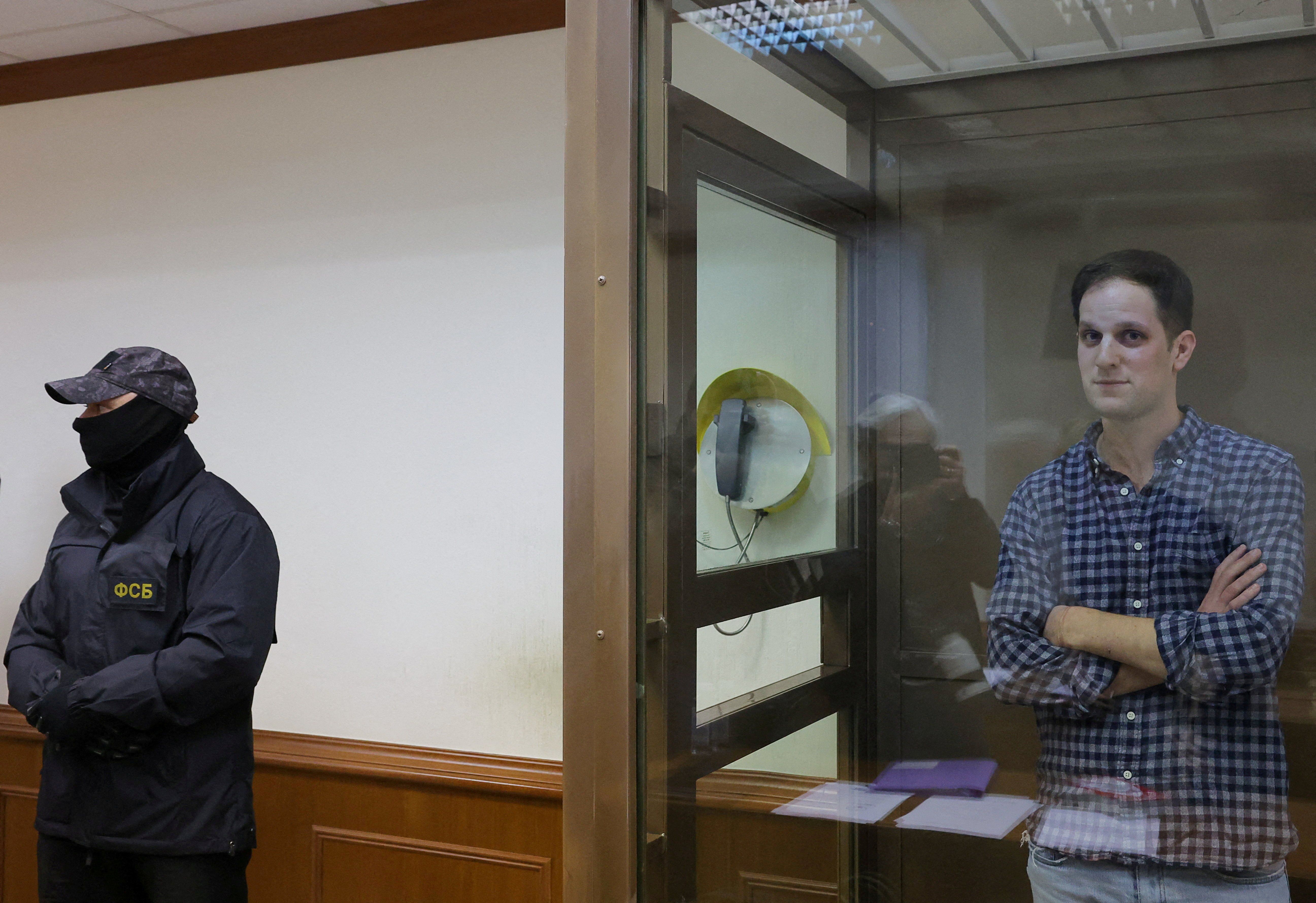Hard Numbers: Gershkovich's appeal, atomic mosquitoes, China’s AI gun, IS v. truffle hunters, Europe’s “Tiny Olympics”
1: For the first time since his arrest on March 29, jailed Wall Street Journal reporter Evan Gershkovich has appeared in public in a Moscow courtroom. Gershkovich appeared in good spirits as he appealed his pre-trial detention, though no decision has been handed down. At the same time, Vladimir Putin was visiting Russian occupied areas of Kherson and the Luhansk region.
10,000: Argentina is fighting its worst dengue epidemic in years by … zapping 10,000 male mosquitoes per week with DNA-altering radiation that sterilizes the insects. Using radiation to tinker with the DNA of one of the world's most common insects and carrier of a potentially deadly disease, what could go wrong?
9.9: The Chinese military is developing an artificial intelligence-powered, laser-guided artillery gun that researchers claim will be able to hit a human-sized target with an artillery shell from 9.9 miles away. This "smart artillery" could help China carry out precision strikes on urban targets without using missiles, minimizing collateral damage in a hypothetical attack on Taiwan.
26: Truffle hunting, once a cherished pastime in Syria, has become a deadly gamble in parts of the country controlled by the Islamic State. Twenty-six people were killed Sunday in an attack by IS militants while looking for the prized fungus, a kilogram of which can fetch more than the average Syrian monthly salary.
<1 million: Feel left out of Olympic glory because your country is too small to qualify for anything? Well, if you're a citizen of one of Europe's nine microstates (with a population under 1 million), you're in luck. Next month, Malta is hosting the 3rd edition of the Games of Small States of Europe, aka the "Tiny Olympics," where you'll have a much better shot at the podium. Just don't mind the weird mascot.